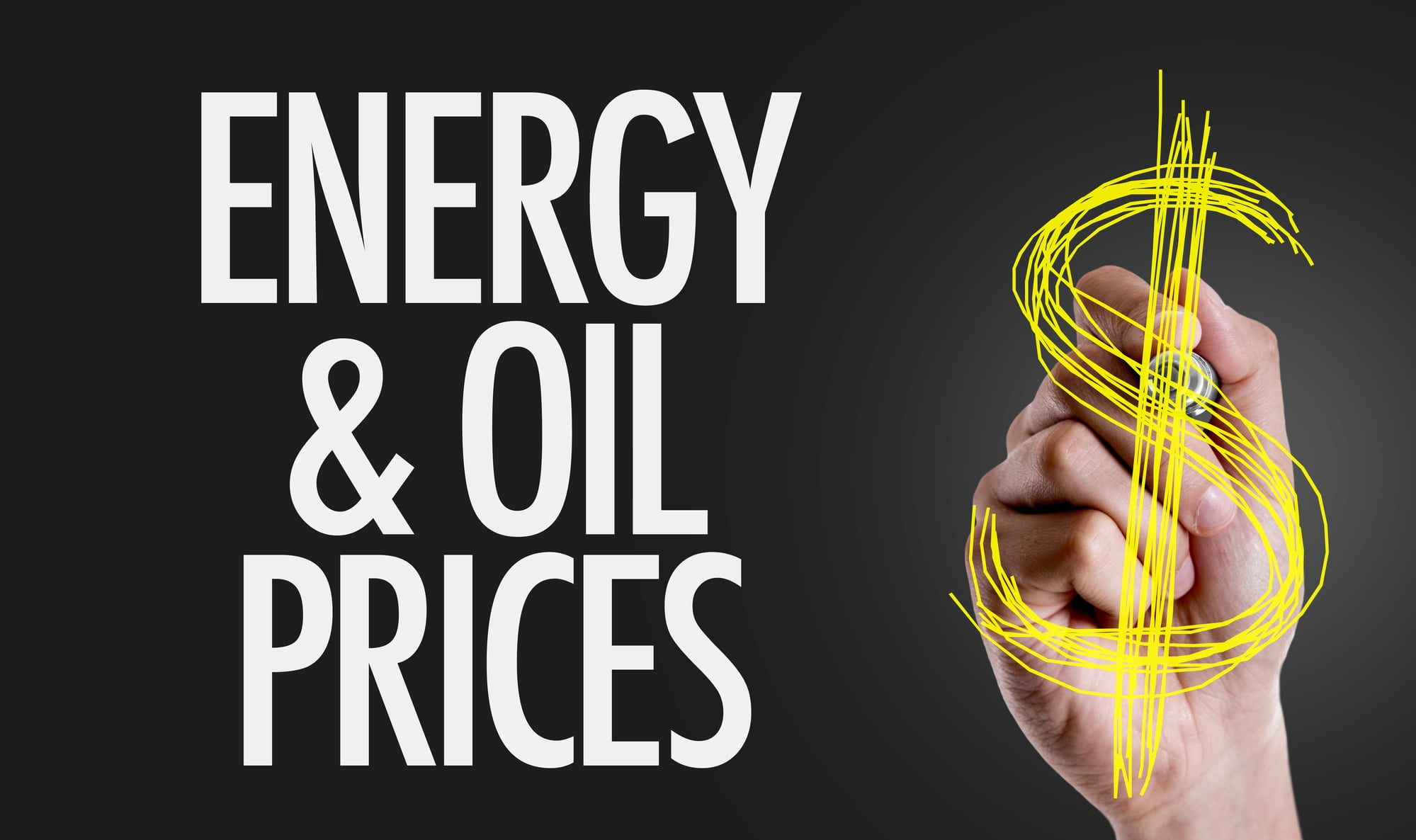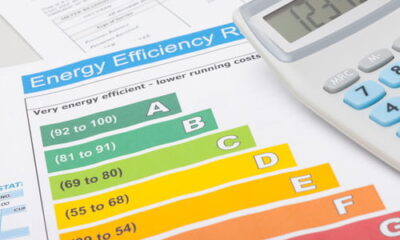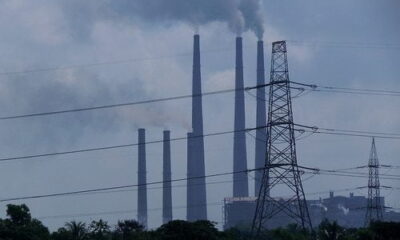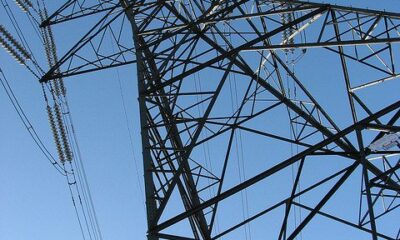

Energy
Green Energy Costs are Falling: Should We Be Worried About Deflation?
Falling prices in the green energy sector can be a positive development for consumers and businesses, as it can make clean energy more affordable and accessible. Next, we will highlight the major green energy industry types. Finally, as prices for energy production continue to fall, we will assess the correlation between falling prices and the possibility of deflation in the economy.
- Solar energy: Solar energy converts sunlight into electricity, directly using photovoltaics (PV) or indirectly using concentrated solar power (CSP). Solar energy is a terrific source of clean & renewable energy that has the potential to reduce our dependence on fossil fuel energy.
- Wind energy: Wind energy uses wind to generate electricity. Wind turbines convert kinetic energy of wind into electricity, which can power homes, businesses, and other facilities. Wind energy is a clean and renewable energy source that has the potential to limit our overreliance on fossil fuels.
- Hydroelectric energy: Hydroelectric energy is electricity generation from moving water. Hydroelectric power plants use the energy of falling water to generate electricity, which can be used to power homes, businesses, and other facilities. Hydroelectric energy is a clean and renewable energy source that has the potential to decrease our reliance on fossil fuels significantly.
- Geothermal energy: Geothermal energy is heat generated and stored in the earth. We can harness geothermal energy to generate electricity and heat and cool buildings. Geothermal energy is also a clean & renewable energy source that also has the potential to limit our dependence on fossil fuels substantially.
- Biomass energy: Biomass energy uses organic materials, such as wood, crops, and waste products, to generate electricity. Biomass energy is a clean and renewable energy source that has the potential to reduce global reliance on fossil fuels.
- Nuclear energy: Nuclear energy uses nuclear reactions to generate electricity. It is not a renewable form of energy, but it is undoubtedly recyclable. Nuclear power plants use the heat generated by nuclear reactions to generate steam, which is used to generate electricity. Nuclear energy is a clean and low-carbon energy source, but it does have potential safety and waste disposal concerns.
As costs continue to fall, we examine several unique reasons for the increasing affordability of green energy alternatives.
- Technological advances: The development of new technologies, such as advanced solar panels and wind turbines, has made it easier and cheaper to generate renewable energy.
- Increased efficiency: As the technology for generating green energy has improved, the amount of energy produced per unit of input has increased, which has helped to reduce the cost of green energy.
- Economies of scale: As the demand for green energy has increased, the production of renewable energy sources has become more efficient due to economies of scale, which has helped to lower the price of green energy.
- Government incentives: Many governments have implemented policies and incentives to encourage the use of renewable energy, which has helped to increase the adoption of green energy and drive down its price.
- Market forces: As the cost of fossil fuels has increased and concerns about climate change have grown, the demand for green energy has increased, which has helped to drive down its price.
Overall, the combination of these factors has helped to make green energy more affordable and competitive with traditional fossil fuels, which has the potential to realign the cost of energy in the world
What is Deflation, and How is it Related to Falling Prices?
What is Deflation? Deflation is generally defined as a sustained decline in the overall level of prices in an economy. This can occur when there is a decrease in demand for goods and services, a decrease in the money supply, or an increase in the supply of goods and services. When Deflation occurs, it can lead to a variety of negative consequences, including job losses, manufacturing declines, and widespread poverty.
Falling prices in the green energy sector may be a positive development for consumers and businesses, as it can make clean energy more affordable and accessible. However, deflation in the overall economy is widely considered harmful, as it can lead to a decrease in demand for goods and services, leading to job losses, manufacturing declines, and other negative economic consequences.
What is the Correlation Between Inflation and Deflation?
In contrast, inflation, or a sustained increase in the overall level of prices in an economy, is generally considered harmful to consumers, as it can lead to a decrease in the purchasing power of money and make it more difficult to afford goods and services. However, moderate inflation levels can be beneficial for the economy, as they can encourage spending and investment and help support economic growth.
So, while questionable falling prices in the green energy sector may be a positive development, Deflation in the overall economy is generally considered harmful. Therefore, it is important for individuals and businesses to be aware of the differences between falling prices and Deflation and to understand how these developments can impact the economy and their financial well-being.
The Bottom Line
Falling prices in the green energy sector can be a positive development for consumers and businesses, making clean energy more affordable and accessible. However, deflation in the overall economy is a major threat to our collective well-being as it can lead to a decrease in demand for goods and services, job losses, manufacturing declines, and other negative economic consequences.
It is important for individuals and businesses to be aware of the differences between falling prices and deflation and to understand how these developments can impact the economy and their financial well-being.


 Environment12 months ago
Environment12 months agoAre Polymer Banknotes: an Eco-Friendly Trend or a Groundswell?

 Features11 months ago
Features11 months agoEco-Friendly Cryptocurrencies: Sustainable Investment Choices

 Features12 months ago
Features12 months agoEco-Friendly Crypto Traders Must Find the Right Exchange

 Energy11 months ago
Energy11 months agoThe Growing Role of Solar Panels in Ireland’s Energy Future




























